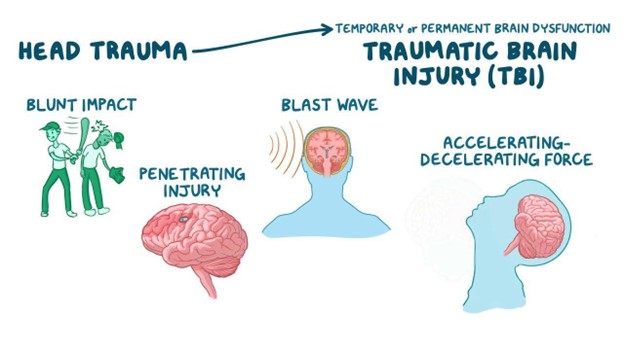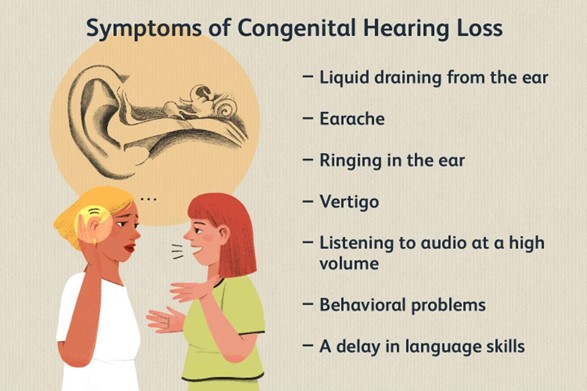After completing a neurological assessment, the nurse documents that the client is stuporous. Which of the following describes this level of consciousness?
Minimal movement, verbal responses limited to sounds, awakens briefly only with extreme vigorous stimulation.
Extremely drowsy, minimally responsive, limited ability to follow commands, vigorous stimulation needed to waken.
Alert and oriented x3, sluggish, drowsy, wakes to voice or gentle shaking.
Does not respond to verbal stimuli, does not speak, decorticate/decerebrate posturing in response to pain.
The Correct Answer is A
Choice A reason: This is the correct answer because this describes a stupor, which is a state of near-unconsciousness or reduced responsiveness. A stuporous client shows minimal movement and verbal responses and requires extreme vigorous stimulation such as painful stimuli to awaken briefly.
Choice B reason: This is incorrect because this describes obtundation, which is a state of reduced alertness or awareness. An obtunded client is extremely drowsy and minimally responsive and requires vigorous stimulation such as shaking or shouting to wake.
Choice C reason: This is incorrect because this describes lethargy, which is a state of decreased energy or activity. A lethargic client is alert and oriented x3 (to person, place, and time), but sluggish and drowsy, and wakes to voice or gentle shaking.
Choice D reason: This is incorrect because this describes a coma, which is a state of deep unconsciousness or unresponsiveness. A comatose client does not respond to verbal stimuli or speak and shows abnormal posturing in response to pain, such as decorticate (flexion of arms and extension of legs) or decerebrate (extension of arms and legs).
Nursing Test Bank
Naxlex Comprehensive Predictor Exams
Related Questions
Correct Answer is D
Explanation
Choice A Reason: This is incorrect because nystagmus is not a response to stimuli, but a condition that causes involuntary eye movements. Nystagmus can be caused by various factors, such as inner ear disorders, brain lesions, or drug toxicity, but not necessarily by cervical spine injury.
Choice B Reason: This is incorrect because decorticate positioning is a response to stimuli that indicates damage to the cerebral cortex or the corticospinal tract. Decorticate positioning is characterized by flexion of the arms and extension of the legs. It does not indicate cervical spine injury, which affects the spinal cord below the brainstem.
Choice C Reason: This is incorrect because lack of any response to stimuli can indicate various levels of brain damage or coma, but not specifically cervical spine injury. Lack of any response can also be influenced by other factors, such as sedation, hypothermia, or shock.
Choice D Reason: This is correct because decerebrate positioning is a response to stimuli that indicates damage to the brainstem or the upper cervical spine. Decerebrate positioning is characterized by extension and outward rotation of the arms and legs. It indicates a severe and life-threatening injury that can impair vital functions, such as breathing and blood pressure.

Correct Answer is D
Explanation
Choice A Reason: This is incorrect because dimming the lights in the client's room is not a helpful action for providing discharge teaching for a client who has hearing loss. Dimming the lights can reduce the visibility and clarity of the nurse's facial expressions, gestures, and lip movements, which can aid in communication.
Choice B Reason: This is incorrect because increasing the rate of speech when talking with the client is not an effective action for providing discharge teaching for a client who has hearing loss. Increasing the rate of speech can make it harder for the client to follow and understand what the nurse is saying.
Choice C Reason: This is incorrect because answering client's questions using medical terminology is not an appropriate action for providing discharge teaching for a client who has hearing loss. Medical terminology can be confusing and unfamiliar to the client, which can impair comprehension and learning.
Choice D Reason: This is the correct choice because facing the client while talking is an important action for providing discharge teaching for a client who has hearing loss. Facing the client can enhance eye contact, attention, and rapport. It can also allow the client to see the nurse's facial expressions, gestures, and lip movements, which can facilitate communication.

Whether you are a student looking to ace your exams or a practicing nurse seeking to enhance your expertise , our nursing education contents will empower you with the confidence and competence to make a difference in the lives of patients and become a respected leader in the healthcare field.
Visit Naxlex, invest in your future and unlock endless possibilities with our unparalleled nursing education contents today
Report Wrong Answer on the Current Question
Do you disagree with the answer? If yes, what is your expected answer? Explain.
Kindly be descriptive with the issue you are facing.
